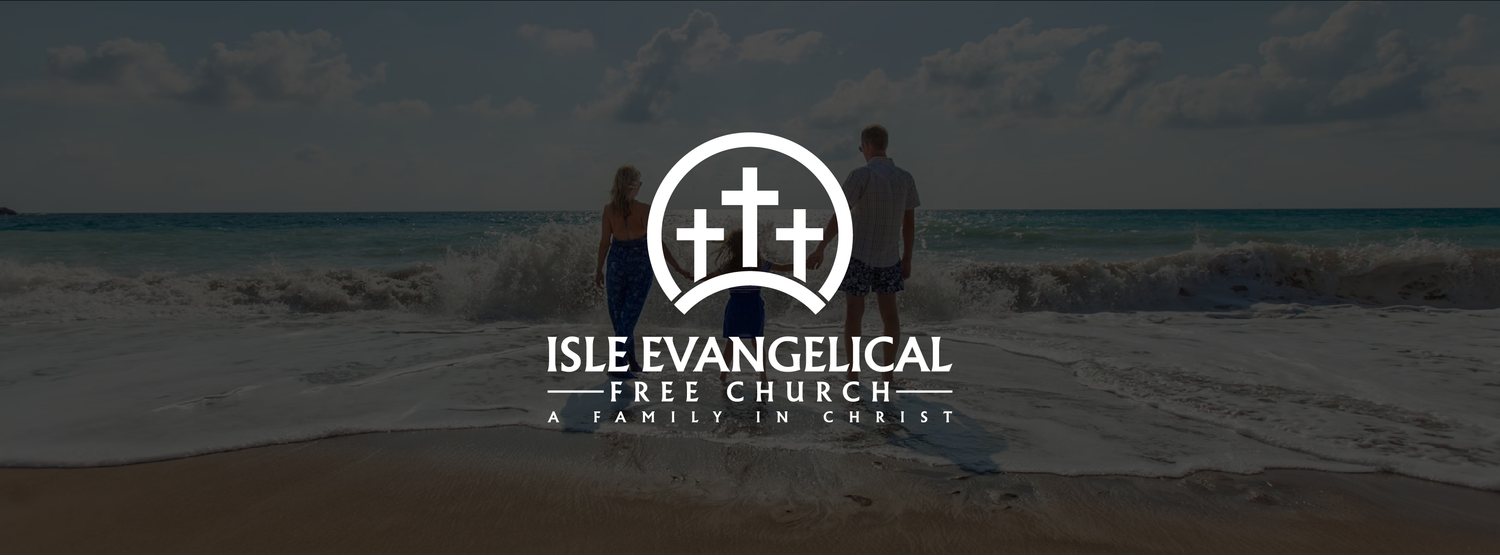14. Then John's disciples came and asked him, "How is it that we and the Pharisees fast, but your disciples do not fast?" 15. Jesus answered, "How can the guests of the bridegroom mourn while he is with them? The time will come when the bridegroom will be taken from them; then they will fast. 16. "No one sews a patch of unshrunk cloth on an old garment, for the patch will pull away from the garment, making the tear worse. 17. Neither do men pour new wine into old wineskins. If they do, the skins will burst, the wine will run out and the wineskins will be ruined. No, they pour new wine into new wineskins, and both are preserved."
I began commenting yesterday a bit on the culture at that time and how Jews would practice fasting and have days and times as it was expected to fast. We are aware of how the Muslims fast during their month of Ramadan. Within 34 years a faithful Muslim will have fasted every day of the year.
Because of the traditional practices of fasts, Jews today have developed additional times when they fast. There is a fast for the firstborn of newborn males, commemorating the fact they were saved from the plague of the firstborn in Egypt. They commemorate the breaking down of the wall of Jerusalem by Nebuchadnezzar. They remember the tragedies of the people, including the fast of Esther as talked about in that book. They recall by fasting the fall of Jerusalem and the tearing down of the temple by the Romans. It is tradition to fast on the Day of Atonement, Yom Kippur, the most holy day of the Jewish year. This is a time to confess sins on behalf the people as well as individually.
It is also part of the teachings of Muslims and Jews to exclude the very young, very old, sick and other times when society understands there should be exceptions.
In practicing traditions, it was pointed out that Jesus and His followers didn’t observe some of the cultural fasts of His time. “How is it that we and Pharisees fast, but your disciples do not fast? Jesus answered. How can the guest of the bridegroom mourn while he is with them? The time will come when the bridegroom will be taken from them and then they will fast.”
Does that mean the disciples didn’t fast while Jesus was with them, but did after He left? Some will say that means the time from the crucifixion until the resurrection. This implies sorrow caused the disciples to fast, but after Christ arose, there was feasting and there is always feasting since the presence of Christ is with us always through the Holy Spirit, so some say fasting is no longer expected by Christians, since we perpetually celebrate His resurrection and life with us.
If that is the proper interpretation, the apostles were wrong. Throughout the book of Acts it’s recorded, they fasted and prayed. Acts 13:2-3 “While they were worshiping the Lord and fasting, the Holy Spirit said, "Set apart for me Barnabas and Saul for the work to which I have called them." After they fasted and prayed, they placed their hands on them and sent them off.”
We see the Old Testament saints fasted, Israel fasted, Jesus fasted, the apostles fasted, and the early church fasted long after Jesus ascended into heaven. Almost 20 New Testament references are cited.
When Jesus preached the Sermon on the Mount, He condemned hypocrisy. It is hypocritical to give money to the poor, when you are boasting of your own reputation. It is hypocritical to pray, when you pray for the recognition of man. It is hypocritical to fast, when you do so to make it a show to impress other folks. When you give alms, when you pray, and when you fast, which people of the Kingdom will do, do it privately unto the Lord, not unto men. It doesn’t say if you give and if you pray and if you fast, but when you do.
Application: So, it does include us and we need to know more about it.
Prayer: Lord, I know that as I fast and pray I can lean on You for the strength to discipline my worldly cravings whether that be food or other draws.

